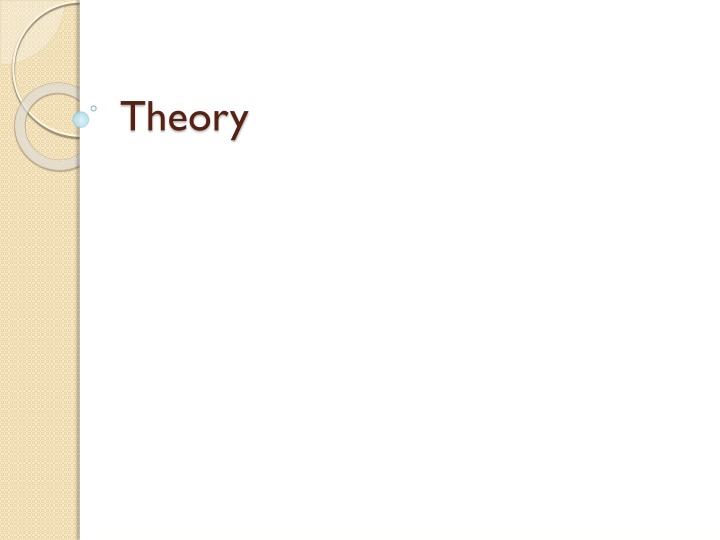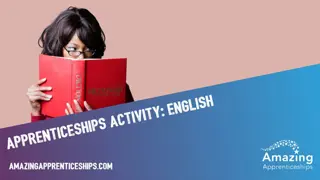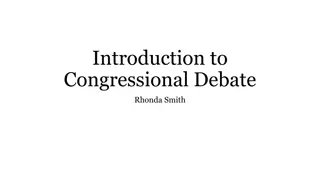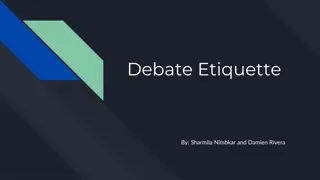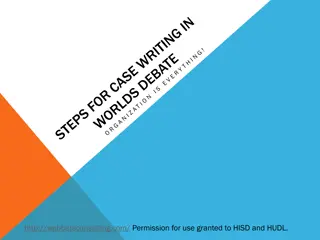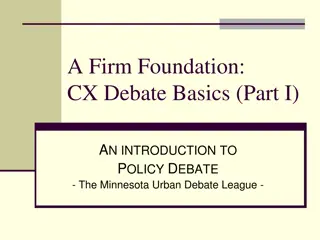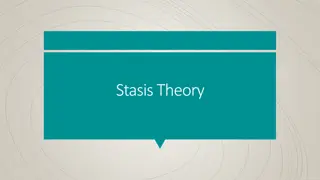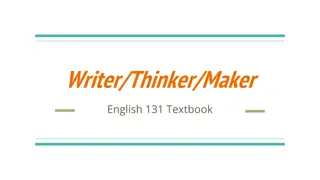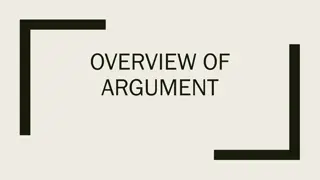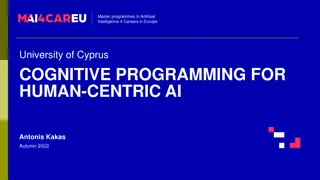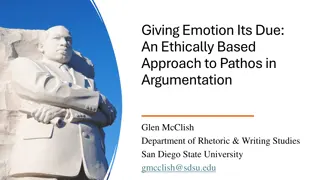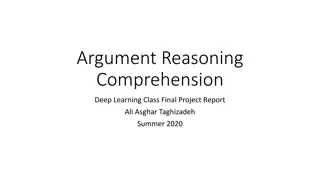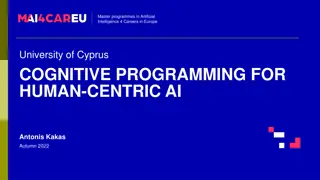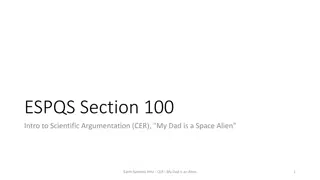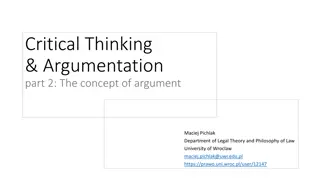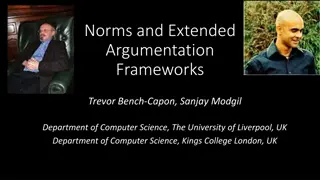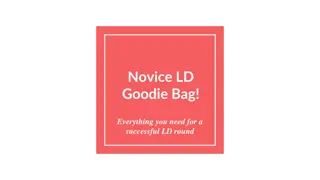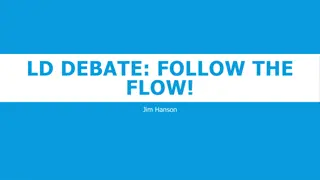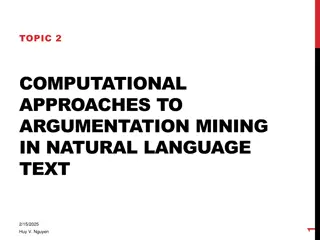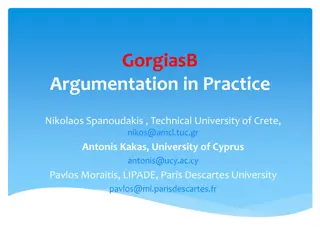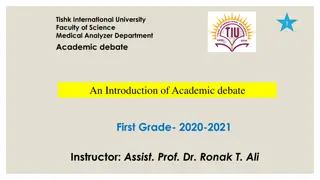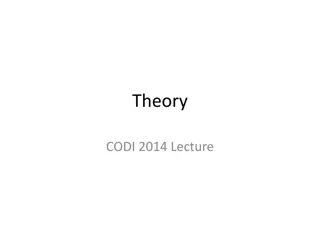Understanding Debate Theory for Effective Argumentation
Debate theory explores the concept of fair division in debates, allowing arguments to challenge actions taken by either side. Components include interpretation, standards like reciprocity, time skew, research limits, and real-world modeling, with voters used to reject rule violations or arguments. Responses to theory involve pointing out structural disadvantages and comparing standards to address abuse.
Download Presentation

Please find below an Image/Link to download the presentation.
The content on the website is provided AS IS for your information and personal use only. It may not be sold, licensed, or shared on other websites without obtaining consent from the author.If you encounter any issues during the download, it is possible that the publisher has removed the file from their server.
You are allowed to download the files provided on this website for personal or commercial use, subject to the condition that they are used lawfully. All files are the property of their respective owners.
The content on the website is provided AS IS for your information and personal use only. It may not be sold, licensed, or shared on other websites without obtaining consent from the author.
E N D
Presentation Transcript
What is Debate Theory? There are no actual rules to debate. Theory attempts to create fair division of the debate Theory arguments can be used to dispute any action made by either side They are often applied to CPs as theoretically illegitimate Theory requires an interpretation, violation, standards, and voters (like T)
Common Theory Components Interpretation-Rather than interpret the resolution like in Topicality debates, theory interprets in-round action. Supporting standards on theory arguments include: Reciprocity-The Aff and Neg should be held to the same level of argumentation. The debate should be balanced
Theory Standards Time skew-Neither side should be screwed out of speech time, should spend undue amounts of time on an argument Research limits-Neither side should be expected to do excessive research Real World-Debate should try to model how debates would be conducted in the real world (i.e. Congress)
Voters Reject the team-The team should lose the debate for their violation of the rules Reject the argument-The argument in question should be thrown out of the debate You can also use voters from Topicality, which include Fairness and Education. Both of these could implicate the team.
Common standard responses Point out some of the theoretical disadvantages to debate structure generally Examples: The Aff speaks first and last or the Negative gets the block Explain the importance of in-depth research for increasing overall knowledge on the topic Argue that debate is about the search for the best policy option, which includes the original argument
Other responses Compare standards, specifically how you subsume their arguments Delineate between in-round and potential abuse Has either side actually lost any argumentative ability, has there been a demonstration of rules violations? If so, this is in-round abuse and represents a way in which either side has been strategically disasdvantaged
Conditionality Argument whether the Neg has the right to kick arguments, specifically a CP Affs can argue that kicking arguments hurts their time allocation and makes the debate initially very thin Negs can argue that every argument is conditional and that the Aff got to attack the status quo for seven minutes (reciprocity)
Dispositionality Similar to conditionality, dispo argues that the Neg can kick the CP, unless the Aff only reads turns to the CP Creates debates over what straight-turns constitute Most arguments are similar to conditionality debate, except that it is very specific to what each side argues
PIC Theory Affs can question the theoretical legitimacy of Negs reading Plan Inclusive CPs (PICs) Usually Affs argue that it creates an unfair research burden (too many potential CPs) and that most offense against them is contrived Negs can argue that the Aff must be held accountable for all parts of its plan and that PICs encourage topic specific education
Tips Try to brainstorm arguments for generic theory in advance Filter your theory arguments, only read the best standards/justifications for theory Consider reading theory arguments as red-herrings, the other side has to answer them with little repercussion Organize, structure, and outline your blocks so they are ready to go in-round
